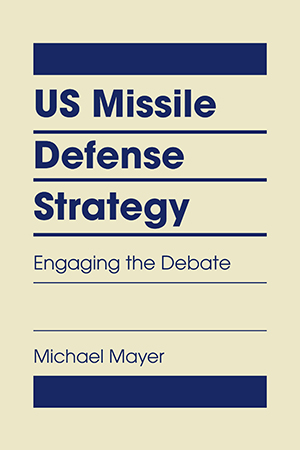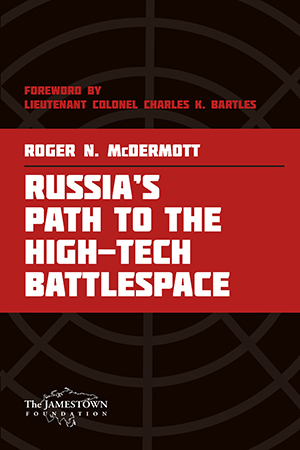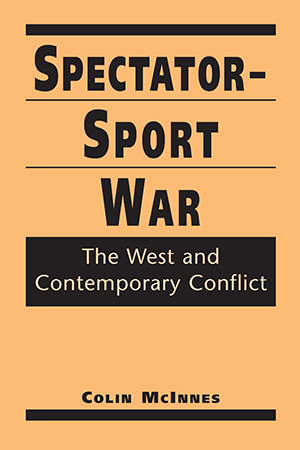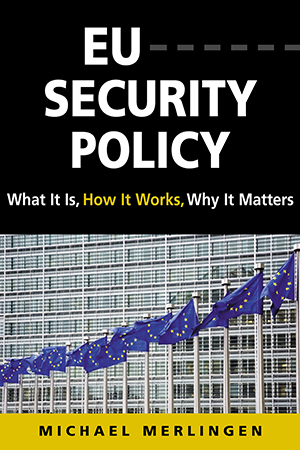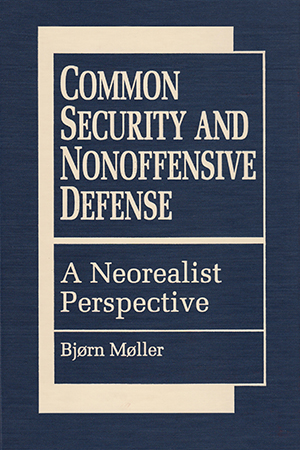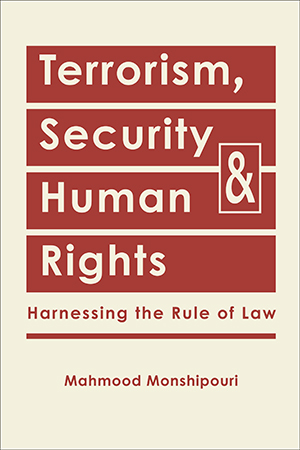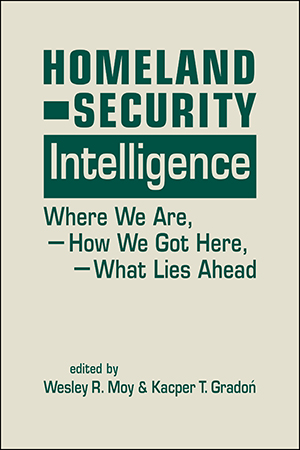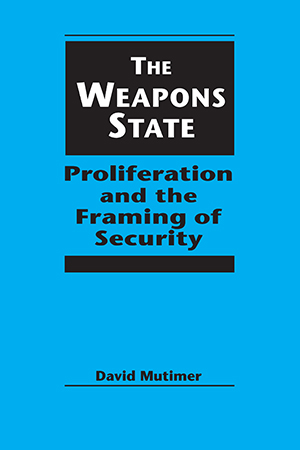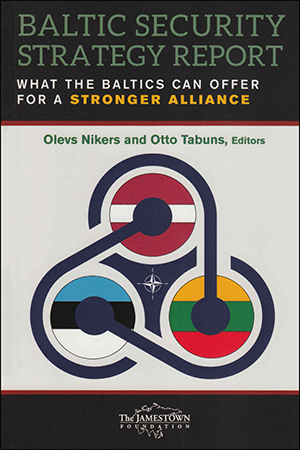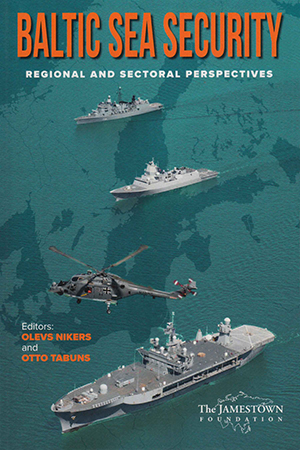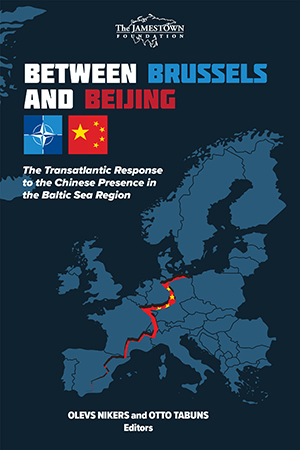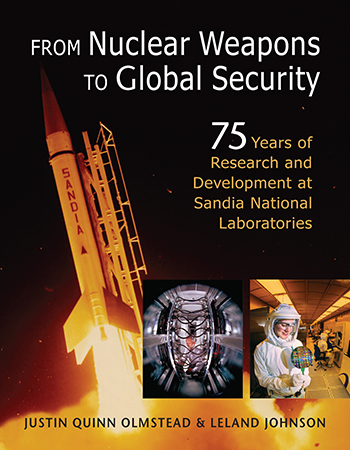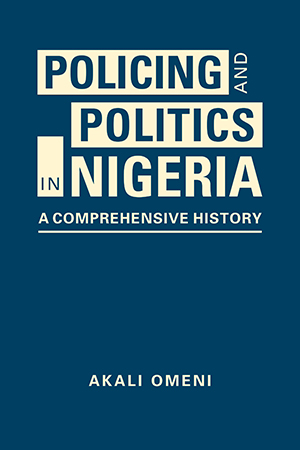Security & Intelligence Studies
Thoroughly examining the deliberations over NATO enlargement in twelve countries—five current members of the alliance; three invited to join in the first round of enlargement; two More >
Why has the United States continued to develop ballistic missile defenses in an era of irregular warfare and asymmetric terrorist threats? How does missile defense contribute to US global More >
Roger McDermott traces the origins and trajectory of Moscow's modernization of its armed forces to exploit technology and adopt new approaches to warfare. Drawing extensively on More >
Following a century dominated by global conflict—and despite the unchanging nature of the human suffering it causes—the nature of war itself, argues Colin McInnes, has been More >
What is the European Union's security and defense policy (CSDP)? How does it work? Does it make a difference in international security affairs? How do other global actors react to More >
Bjorn Møller explores the implications of switching to a new type of defense structure, nonoffensive defense (NOD), that would maintain an undiminished—or even More >
Scholars and policymakers disagree on the most effective way to counter transnational terrorism, generating debate on a range of questions: Do military interventions increase or decrease the More >
What is the role of intelligence in the homeland security enterprise? How have its practice and function evolved since the creation of the Department of Homeland Security more than two More >
The proliferation of all kinds of weapons (nuclear, chemical, biological, and even conventional) is emerging as a focal point for international security. This book shows how both the More >
This in-depth security review of Estonia, Latvia, and Lithuania assesses current challenges pertaining to defense and deterrence, societal security and resilience, economic security, and More >
Baltic Sea Security offers a multifaceted discussion of the complex security issues affecting the Baltic region—with important implications for the cohesion of the wider transatlantic More >
China's growing presence in the strategically important Nordic-Baltic region has implications not only for the region itself, but also for general transatlantic relations. Within that More >
Sandia National Laboratories is one of the primary providers of the science, technology, and engineering capabilities needed to ensure both US and global security. Its mandate has moved far More >
Close to the center of politics since the nineteenth century, the Nigeria Police Force (NPF) has grown to become the country’s main security agency. Akali Omeni traces the checkered More >
What happens when external forces are brought to bear on domestic grievances and governance institutions? In environments profoundly affected by both violent extremist organizations and More >



